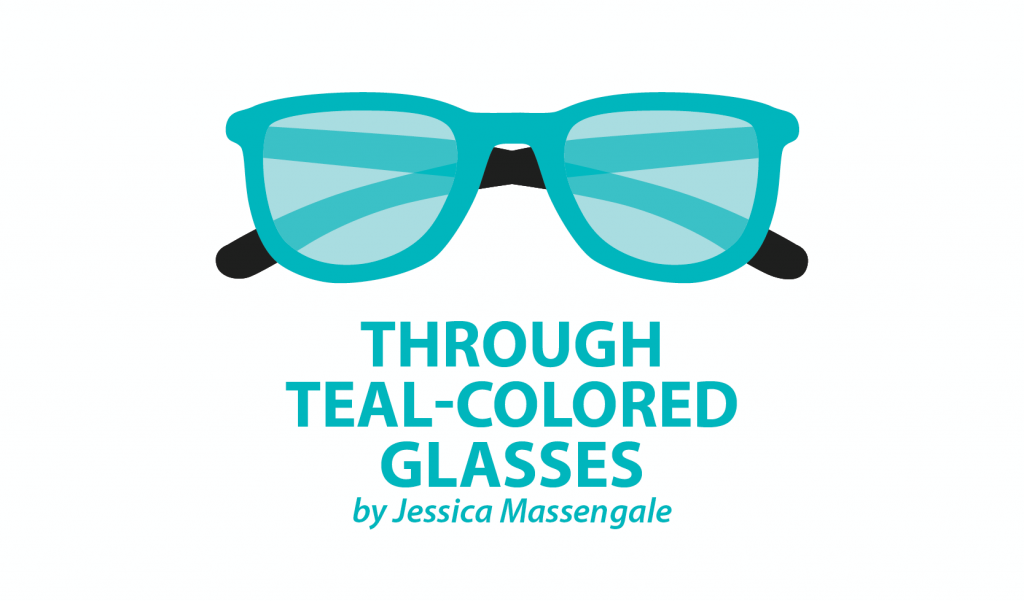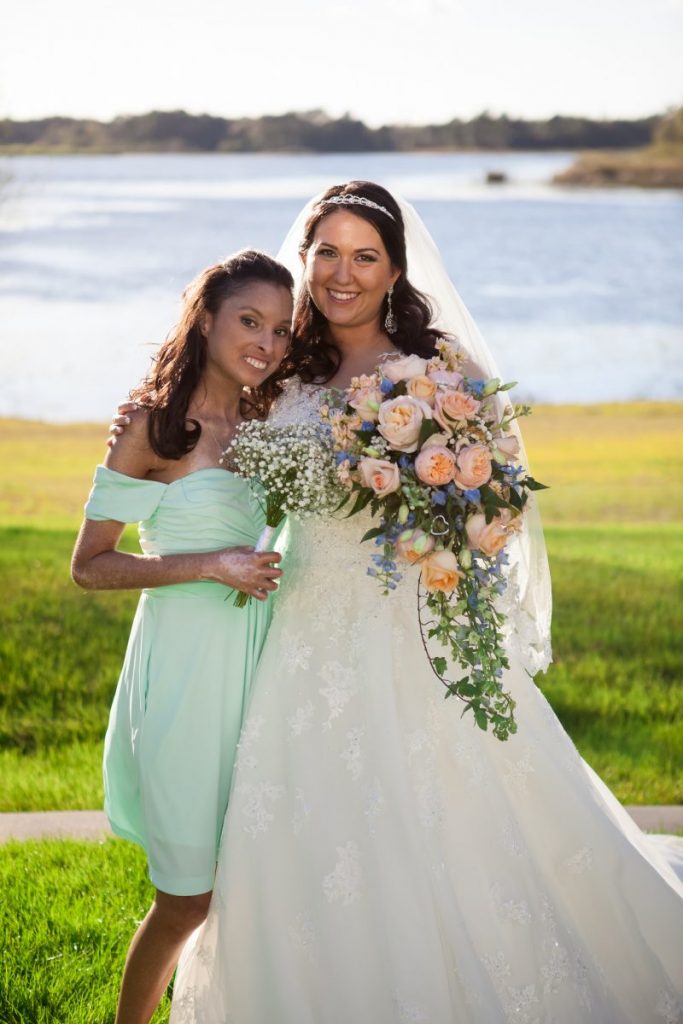How to Nurture Your Confidence
Written by |


Confidence is defined as a feeling of self-assurance arising from one’s appreciation of their own abilities or qualities. It’s a bright light that shines from within and warms others within your presence. But when your confidence becomes compromised due to unforeseen events, it can be hard to rebuild that state of mind.
Confidence isn’t something that is gained overnight. It’s built slowly, piece by piece, as different life experiences shape who we are. Maybe it’s your lifelong crush asking you to prom or landing a career-boosting job promotion. Moments like these create a sensation of belief and trust within yourself that you are capable and worthy. When a disease debilitates you, sometimes the road to self-belief is less traveled.
Let’s face it, scleroderma is a crappy disease to be diagnosed with, for most. It’s like a parasite, feeding off your energy, looks, mood, patience, and perseverance. Between the splotchy, uneven skin tone, to the scabby ulcers dotting your knuckles, and slow stiff movements, it’s easy to feel unattractive. Women are held to a higher level of expectation to “look the part.” When your looks and functionality begin to diminish it takes pieces of you with it. Whatever confidence you accumulated throughout life starts to wither away.
So, how do we gain back what was rightfully ours?
We have to realize that what we were taught to believe is “beautiful” is a bit unrealistic. When you’re watching TV or browsing the internet, you’re looking at people who spend lots of money on themselves to look the way they do. Attractive people are cherry-picked for many different facets of entertainment, and it is a gross misrepresentation of what the average person looks like. Beauty is evolving and changing constantly, and fortunately we are merging into an era where different standards are becoming accepted. Plus-sized models are gaining popularity and a sweet young girl with Down syndrome is a famous model in New York.
I started teaching myself how to do makeup and understanding that it’s OK to cover up some of my discoloration. It gives my mind a bit more ease as I walk out the door, almost as if I’m wearing a shield to fend off curious stares. I started wearing shorts again because it’s too hot here in the Sunshine State to worry about what other people think of my legs! The key is challenging yourself to do something a bit more daring, or trying something you used to do before scleroderma.
I was recently a bridesmaid in my best friend’s wedding, and I was very anxious to walk down the aisle with so many people looking at me. I asked for permission to wear a shawl over my neck and shoulders to hide my discoloration. I was nervous that I wouldn’t be able to hold the flowers. I even got temporary hair extensions so my hair looked longer! I was so worried about looking perfect; but now when I look back it seems so silly. I was just as beautiful without the shawl and my insecurities shouldn’t stop me from experiencing life.
Once you realize that you still “got it,” you feel empowered and start to regain some of that lost confidence. We get stuck in this mind frame that we are ugly because we are sick, but that is the biggest lie you’ll ever tell yourself.
What makes you beautiful is your one-of-a-kind smile, and your courage to face every day, struggling on the inside, but happy on the outside. You have a remarkable ability to take new challenges head-on, when most would crumble at the thought.
We have to celebrate and embrace the things that make us unique, not stifle them. Water your seed of confidence and watch the flowers blossom out of your soul, brighter than before.
***
Note: Scleroderma News is strictly a news and information website about the disease. It does not provide medical advice, diagnosis, or treatment. This content is not intended to be a substitute for professional medical advice, diagnosis, or treatment. Always seek the advice of your physician or other qualified health provider with any questions you may have regarding a medical condition. Never disregard professional medical advice or delay in seeking it because of something you have read on this website. The opinions expressed in this column are not those of Scleroderma News, or its parent company, Bionews Services, and are intended to spark discussion about issues pertaining to scleroderma.







Leave a comment
Fill in the required fields to post. Your email address will not be published.